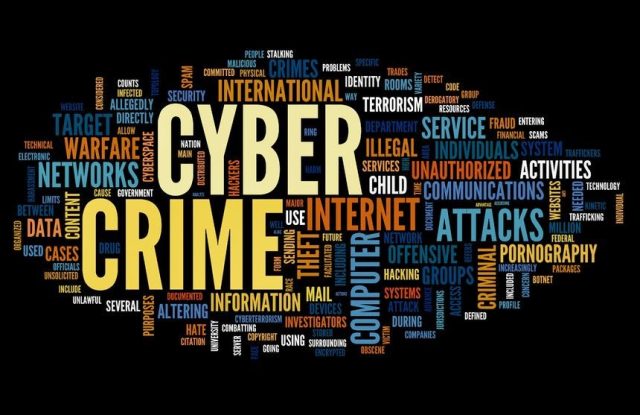
Budapest, 23 November 2001: The Council of Europe adopts its Convention on Cybercrime. Two decades later, it has been ratified by all twenty-seven European Union Member States but one (Ireland).
The convention is the first international treaty on crimes committed through the Internet and other computer networks, dealing particularly with infringements of copyright, computer-related fraud, child pornography and violations of network security.
In order to implement this international agreement, ratifying countries must consider as criminal offences under their national legal orders conducts against the confidentiality, integrity and availability of computer data and systems. For example, access to a computer system without right, including by infringing security measures or with the intent of obtaining data; the intentional interception without right of non-public transmissions of computer data; the damaging of computer data without right, particularly if it results in serious harm; or the intentional and serious hindering without right of the functioning of a computer system by the manipulation of computer data.
Offences can also be content-related. This category includes child pornography and infringements of copyright and related rights. Child pornography is described as visual material depicting a minor engaged in sexually explicit conduct, or someone appearing to be of minor age engaged in sexually explicit conduct. However, ratifying countries may limit the concept of child pornography strictly to minors engaged in a sexually explicit conduct.
Minor age is established at 18 years, though ratifying countries may require a lower age-limit for their nationals to be considered of legal age; in any case, the minimum threshold under the convention is 16 years. Countries may also allow for the procurement of child pornography through a computer system for oneself or for another person not to be considered as a criminal offence; the same goes for the possession of child pornography in a computer system or on a computer-data storage medium.
In order to facilitate the detection, investigation and prosecution of cybercrimes, the convention includes several provisions on the search and seizure of stored computer data, as well as its real-time collection, through the application of technical means or by compelling providers of information society services to do so.
For mutual assistance between ratifying countries, the International Criminal Police Organisation (Interpol) is appointed as main channel for communication request.
Two years later, in 2003, the Council of Europe adopted a protocol to the convention, concerning the criminalisation of acts of a racist and xenophobic nature committed through computer systems. The number of European Union Member States ratifications is, in this case, slightly lower: Austria, Belgium, Estonia, Hungary, Ireland, Italy, and Malta have not ratified it as of today; Bulgaria, Hungary and Ireland have not even signed it.
To counter the risk of misuse or abuse of computer systems to disseminate racist or xenophobic propaganda, the protocol obliges ratifying countries to consider as a criminal offence the distribution of racist and xenophobic material to the public through a computer system. A ratifying country may require that conducts promote or incite discrimination associated with hatred or violence to be considered a criminal offence under the protocol.
Threatening persons, through a computer system, with the commission of a serious criminal offence for the reason that they belong to a group, distinguished by race, colour, descent or national or ethnic origin, as well as religion, if used as a pretext for any of these factors, or a group of persons which is distinguished by any of these characteristics, is also tackled by the protocol as a criminal offence.
The same goes to insulting publicly, through a computer system, persons for the same reasons of belonging or distinction, particularly if victims are exposed to hatred, contempt or ridicule. Nevertheless, ratifying countries may decide not to consider public insult as a criminal offence.
Finally, ratifying countries under the protocol may criminalise the distribution of material which denies, grossly minimises, approves or justifies acts constituting genocide or crimes against humanity.
Source of image: TriadSquare



 Subscribe
Subscribe